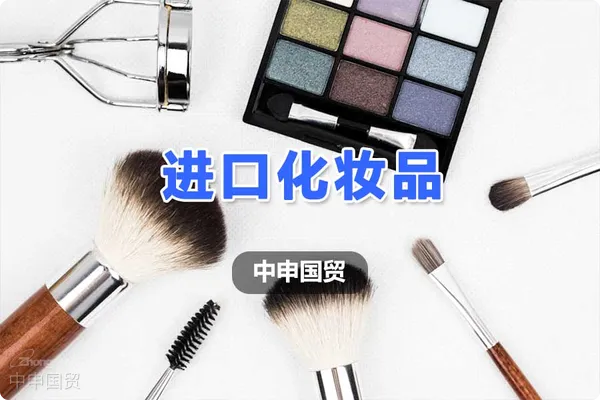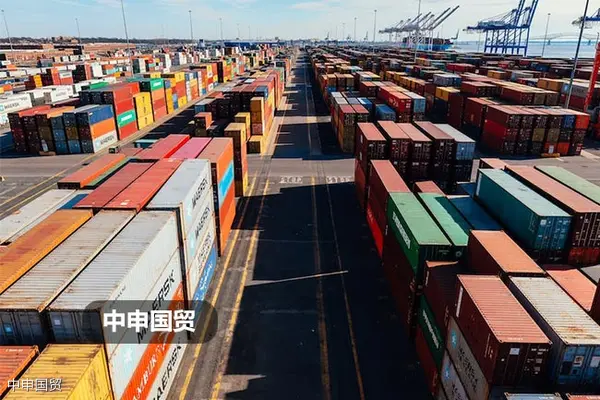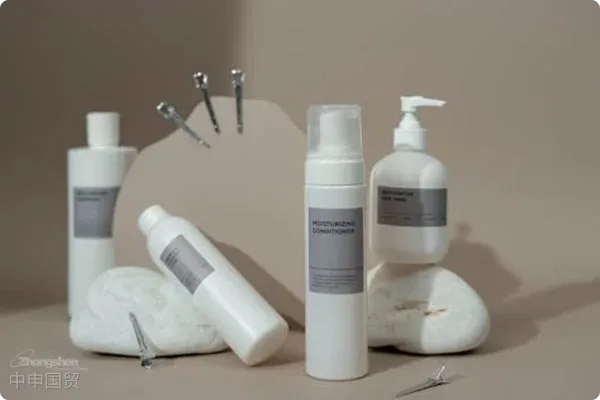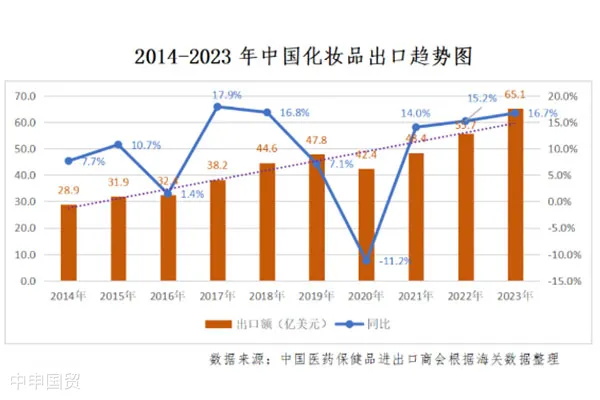- Shanghai Zhongshen International Trade Co., Ltd. - Two decades of trade agency expertise.
- Service Hotline: 139 1787 2118
ImportCosmetics & Personal CareThere is significant demand in the Chinese market, with more and more consumers pursuing high-quality and innovative beauty products. For customers requiringforeign tradeservice expert with 20 years of industry experience, this article will systematically analyze the core points of clothingExport Representationservices, understanding the relevant matters for imported cosmetics is crucial. This not only involves compliance and safety issues but also relates to the smooth operation of the business and successful market expansion. This article will explore various aspects of imported cosmetics in detail, helping you grasp key points to ensure your business proceeds smoothly.
I. Basic requirements for imported cosmetics
1.1 Filing and approval
In China, imported cosmetics must obtain filing or approval from the China Food and Drug Administration (CFDA). First-time imported cosmetics must secure filing approval from the National Medical Products Administration (NMPA). Overseas manufacturers need to appoint a registered entity in China as the filing responsibility unit to handle the relevant filing and approval procedures.
1.2 General cosmetics
General cosmetics, such as moisturizers, sunscreen, shampoo, etc., require an Imported Non-Special Use Cosmetics Filing Certificate. The filing process for these products is relatively simple but still involves sample testing and document review procedures.
1.3 Special-Use Cosmetics
Special-use cosmetics, such as hair growth, hair dye, whitening, and sun protection products, require an Import License for Special-Use Cosmetics. Due to their specific effects, these products have a more direct impact on the human body, resulting in stricter approval procedures, including comprehensive sample testing and material reviews.
II. Key considerations for imported cosmetics
2.1 Pre-Filing Preparations
Before importation, filing must be completed with the National Medical Products Administration (NMPA). Additionally, consignee registration and label review must be conducted with the Shanghai Entry-Exit Inspection and Quarantine Bureau. Foreign manufacturers must provideIt is recommended to verify through the following methods:a certificate and hygiene certificate, ensuring the products meet Chinas import standards.
2.2 Packaging and Logistics
The packaging dimensions of imported cosmetics affect international freight, warehousing, and delivery costs. Optimized packaging design can effectively reduce these expenses and improve import efficiency.
III. Process for importing cosmetics
3.1 Filing and Approval Process
The filing and approval process for general cosmetics includes sample testing, compiling filing materials, submitting the filing application, material review, and issuance of the filing certificate.
3.2 Special Cosmetics Approval Process
Special cosmetics must undergo sample testing, compiling approval materials, submitting the application, material review, and issuance of the approval license. Each step requires meticulous preparation and strict compliance with regulatory requirements.
IV.Import Customs Declarationdomestic documentation
4.1 Required Documents
Importing cosmetics requires multiple documents for customs clearance, including the NMPAs Import Cosmetics Filing Certificate, customs/inspection entrustment letter, 10-digit customs/CIQ code, business license, Foreign Trade Operator Registration Form, import agency agreement, cosmetics consignee registration, label filing information, and consignee commitment letter. These ensure compliance with all legal and regulatory requirements.
V. Common issues during customs clearance
5.1 Valuation Issues
Due to economic fluctuations, the prices of imported cosmetics often vary significantly and may fall below market expectations, complicating customs valuation. Experienced agencies can leverage their expertise to provide suitable solutions.
5.2 Documentation Issues
Cosmetics imports involve strict documentation requirements. Missing or incorrect documents may lead to rejection or destruction. Agencies help ensure complete documentation to avoid unnecessary complications.
5.3 Timing Issues
Importers often have tight deadlines. Experienced agencies use pre-declaration methods to save time and improve efficiency.
Conclusion
Importing cosmetics involves numerous complex procedures. Understanding and complying with regulations is key to smooth importation. Partnering with an experienced foreign tradeimport and exportagency can minimize risks and ensure successful market entry. We recommend clients needing import/export agency services to thoroughly understand cosmetic import regulations and choose professional agencies for seamless operations.
This guide provides a comprehensive overview of cosmetic imports. For further questions or consultations, feel free to contact us.ZhongShen International TradeWe are committed to providing you with professional import services and support to help you succeed in the cosmetics import business.

Related Recommendations
- Guide to the filing and registration of imported cosmetics: Differences between ordinary and special cosmetics
- Detailed Explanation of Labeling Specifications for Imported Cosmetics
- Small Factories Worry - free Export: Revealing the Secrets of Product Agency Export Tax Refund
- Essential English vocabulary for importing cosmetics to facilitate import communication
- Detailed Explanation of the Import Cosmetics Process
? 2025. All Rights Reserved. Shanghai ICP No. 2023007705-2  PSB Record: Shanghai No.31011502009912
PSB Record: Shanghai No.31011502009912










